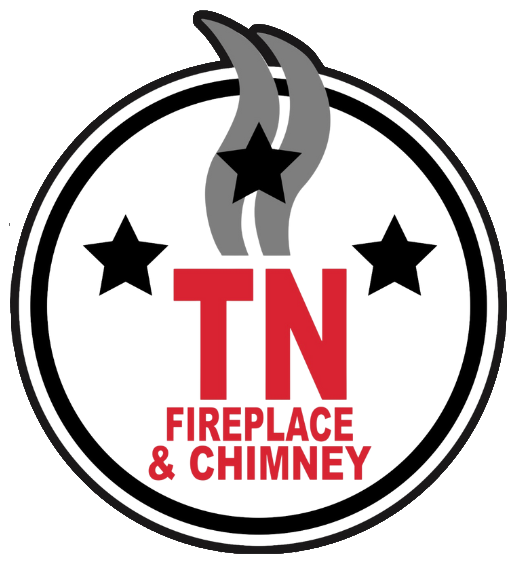Chimneys bring a sense of warmth and enjoyment to your home, but there are precautions that you must keep in mind when you own a wood burning fireplace. Burning wood creates a substance called creosote, which, left untreated, can be a hazard.
What is Creosote?
Creosote is a natural by-product of the wood burning process. When wood is burned, it releases a mixture of gases. Some of these gases aren’t readily burned, especially if your fire is not burning hot enough to ignite them (less than 1,100 degrees Fahrenheit). These gases will often condense on the walls of the chimney liner or flue tile and form a tar. This tar is called creosote.
Why is Creosote Hazard?
Creosote is highly combustible, meaning it can catch fire and burn easily once it is ignited. Once ignited, creosote fires are very difficult to extinguish and will burn at temperatures close to 2,000 degrees Fahrenheit. It takes as little as 1/8 to 1/4 of an inch of creosote buildup in your chimney for it to be considered a fire hazard. According to the National Fire Protection Association (NFPA), there are an estimated 14,190 creosote fires per year which account for 22 percent of all home heating fires causing $35 million annually in property damage. Creosote fires are also responsible for 11 serious injuries and four deaths per year.
What Can I Do To Stay Safe?
There is no way to prevent creosote from forming in your chimney, but there are things you can do to reduce creosote buildup and minimize fire hazards. First, and most important, you should consult a CSIA certified chimney sweep. An experienced chimney sweep, like the ones at Tennessee Chimney & Home, can assess your chimney and let you know when you will need to schedule a chimney cleaning. This is the best way to prevent a chimney fire from happening.
To slow down creosote from accumulating, there are a couple of things you can do. Hotter fires produce less creosote. Well-seasoned hardwoods tend to burn the hottest, so try to use these types of wood in your fire. Try to avoid using wet wood and softwoods. These produce more creosote. Keeping a good airflow will also keep your fire burning hotter and will help gasses escape your chimney faster, giving them less time to condense.
Creosote can be dangerous, but with proper maintenance by a CSIA certified chimney sweep, you can make your chimney much safer. If you are in need of a chimney inspection and you live in Knoxville or the surrounding areas, please contact us at Tennessee Chimney & Home and let’s see what our CSIA certified chimney sweeps can do for you.


